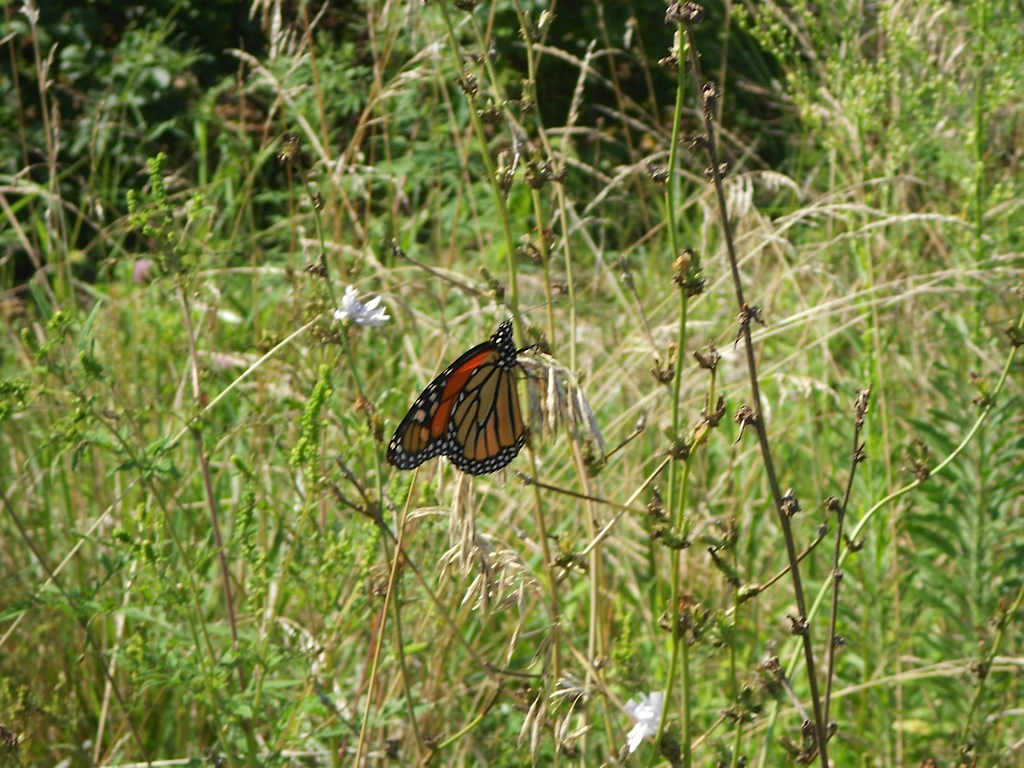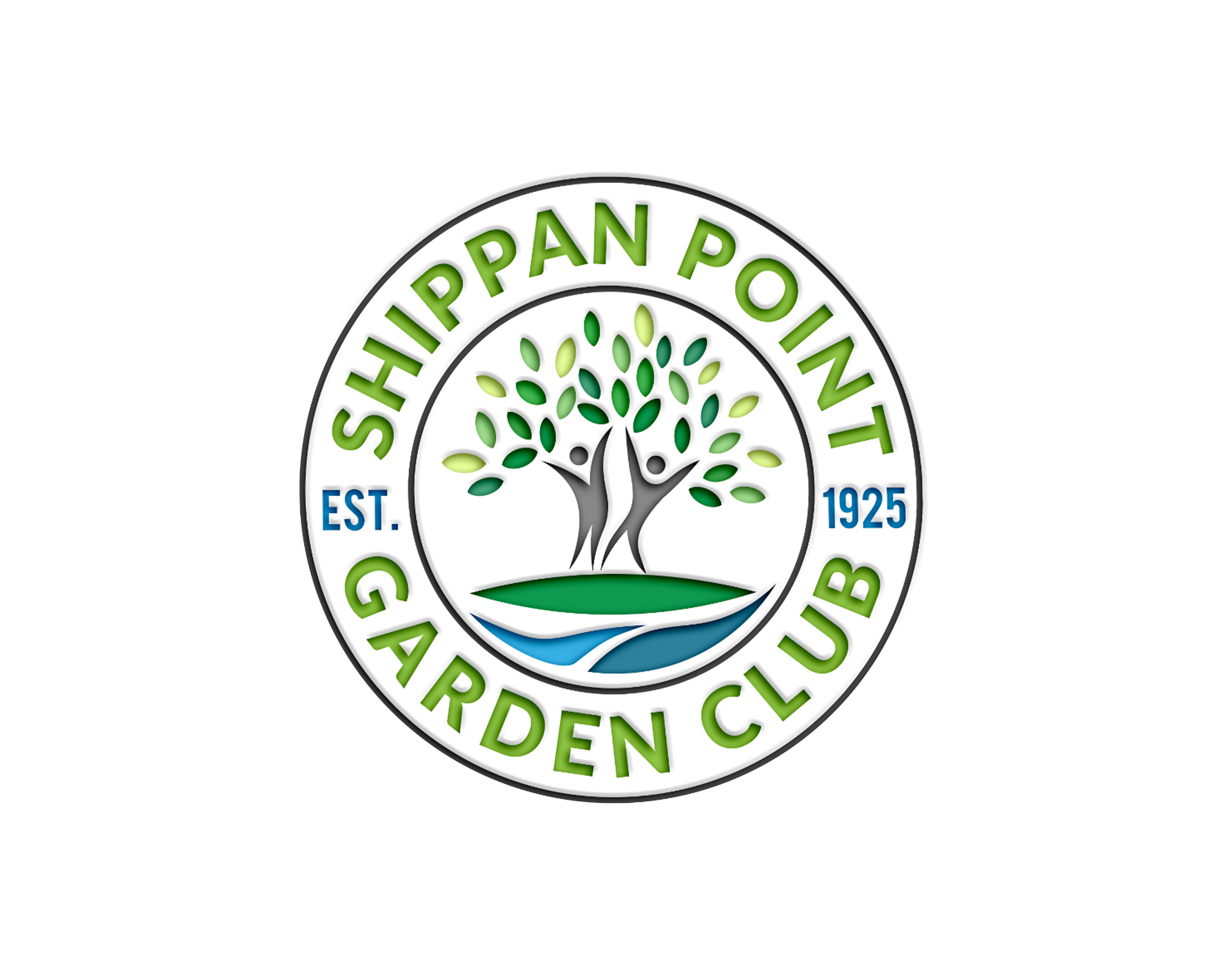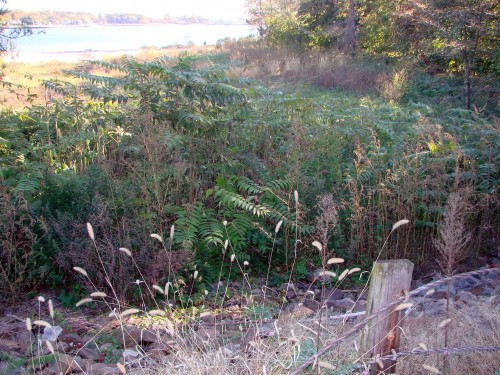
West Beach Habitat
Conservation and good gardening practices are very important in a community such as ours bordering on a large important body of water. What we do in our own yards has an impact on our environment and especially on the health of Long Island Sound. And all this has an effect on our own health.
What we’ve done and continue doing
- Educate our members and the community about environmental issues.
- Created a bird habitat at West beach.
- Attend FGCCT sponsored Environmental Studies School.
The Federated Garden Clubs of Connecticut, inc. conducts “The Living Earth” Environmental Studies School (ESS). It is composed of a minimum of forty hours of study of specific units divided into four courses. Each course of ten hours (which includes a two-hour field trip) is scheduled on two weekdays. The courses investigates AIR, LAND, AND WATER and the units are divided into Ecology, Environmental Science, Life on Earth, and Earth Stewardship. The courses may be taken in any order. The schools are open to the public as well as to garden club members.
Bird Habitat Project Carried by SPGC in 2007
The SPGC took on a project to establish a bird habitat located at the southernmost corner of West Beach Park on Shippan Point in Stamford, Connecticut. This site was located on one of three public beaches in Stamford, enjoyed by thousands of residents and visitors yearly, part of the City of Stamford Public Park System. The restoration of this portion of the beach received approval from the Parks and Recreation Commission, as well as the adjacent private homeowners. The project, an area in excess of one acre, was overgrown with invasive species including, but not limited to, Ailanthus altissima (tree of heaven), Artemesia vulgaris (mugwort) and Rosa multiflora. The SPGC manually removed the offending plants, avoiding use of chemicals because the property is within 50 feet of Long Island Sound.
The SPGC began the project with an initial clean-up day on Saturday, November 3, 2007, with more than 20% of our membership and two dozen Shippan Point residents participating.
TAKE A NOTE: Connecticut invasive plants and Connecticut endangered plants should not be planted in your garden. Invasive plants spread, often profusely. They can take over and destroy native plants that are most beneficial to wildlife and plant diversity in our State. While adding endangered plants to your garden might logically seem to increase their numbers, the problem is where they are sourced. Buying them encourages nurseries to sell them which may mean they have been taken from their native habitat.
What you can do:
In your garden:
- Grow and fertilize organically; chemicals end up in the Sound to its detriment.
- Use compost tea and natural fertilizers.
- Add native plants that support bird and wildlife habitat.
- Invite lacewings and lady bugs, which eat destructive aphids, by planting bright flowers.
- Stop slugs with eggshells, grit or children-friendly pellets around plants.
- Plant native and rain gardens to avoid runoff into the Sound.
- Fall Clean-ups: Do not prune your garden, but rather leave seed heads and leaves around plants to provide winter food for birds an homes for beneficial insects during cold months.
- Spring Clean-Ups: wait until April/May to clean our debris from our garden. Add organic peat free compost and mulch to gardens. Investigate natural solutions to combat insects and pests. Do not use chemical fertilizers and pesticides.
- Install permeable hardscape (driveways, walkways, etc.) for less runoff.
At home:
- Do not put grease down the drain; it can cause clogs and backups that eventually impact Long Island Sound.
- Reuse plastic. Large plastic bottles with the bottoms cut off make mini-greenhouses for seedlings.
- Segregate food scraps for composting
- Recycle as much as possible; with mixed recycling, Stamford makes it easy!
Shopping:
- Buy locally; support farmers’ markets.
- Buy products with less packaging, especially plastic.
- Carry in reusable or paper bags.
Helpful Links and Articles
Sound Information
Wildlife

